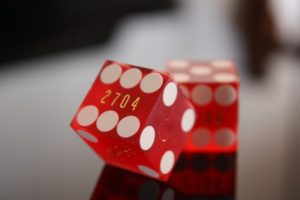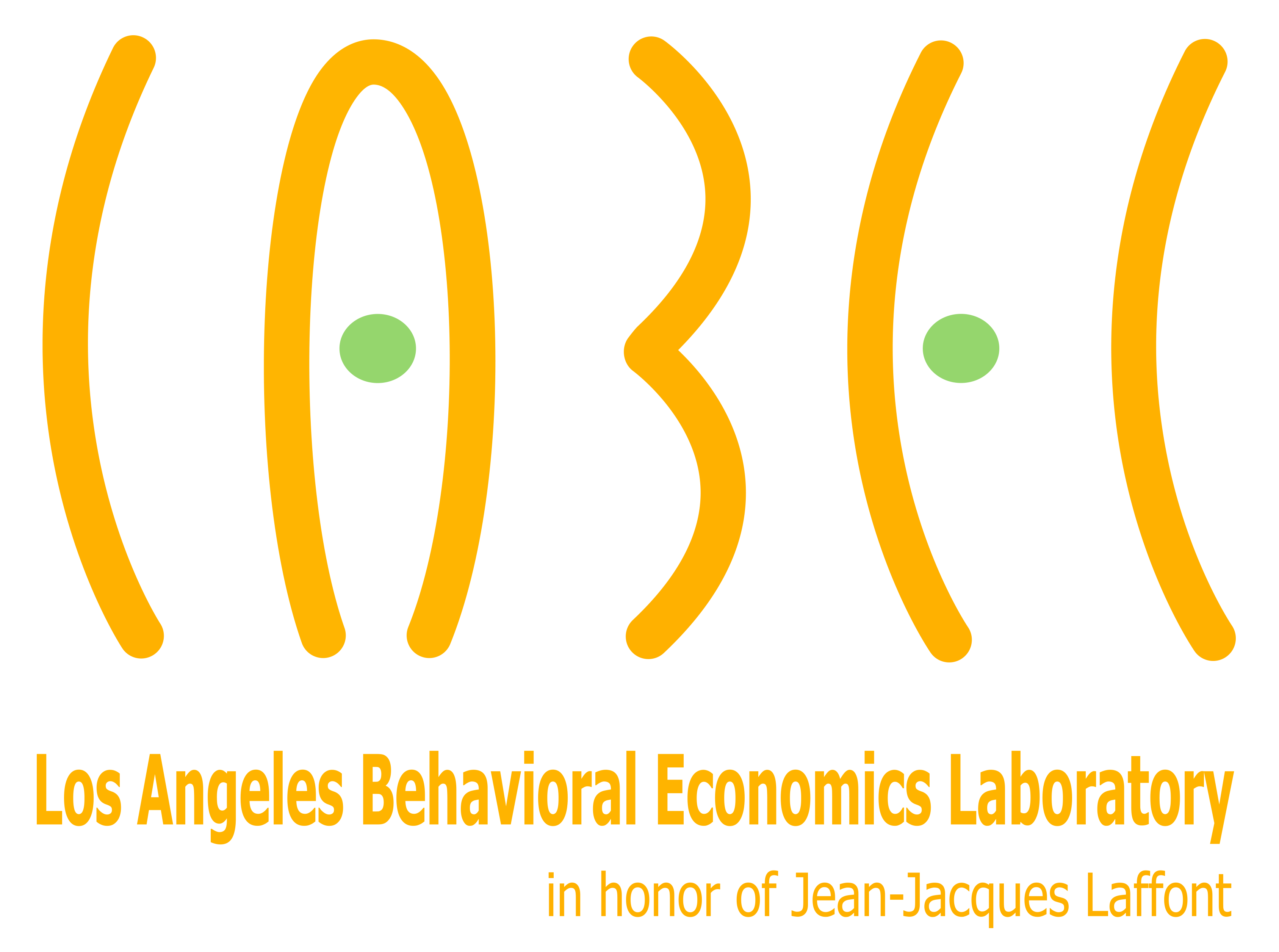Test of theory
From Nash to behavioral models
Economics relies traditionally on axioms of rationality and Nash equilibrium theory to predict behavior. Deviations have been observed systematically in some settings.
Individual decision-making is plagued by anomalies in the context of risk and uncertainty and in inter-temporal choice settings. People often do not satisfy expected utility theory and they exhibit time inconsistencies. Leading alternative theories such as prospect theory, ambiguity aversion and hyperbolic discounting have been proposed to account for anomalies.
In the context of game theoretic settings, several possible explanations of non Nash behavior have been proposed. Behavioral models have been developed to capture features of observed behavior.
A first class of theories presupposes that players cannot play perfectly the equilibrium (quantal response equilibrium model). A second explanation is that players are not equally able to make the necessary steps of reasoning to compute the equilibrium (cognitive hierarchy and level-k models). Moreover, it is well known that people cannot make a correct account of private information (cursed equilibrium model). Last, it may be that people do not play at Nash equilibrium because their motivations are not selfish (other-regarding preferences theories).
In our research, we are particularly interested in testing theories to understand the true motivations of choices and to determine why some theories fit behavior better in some settings than in others.

